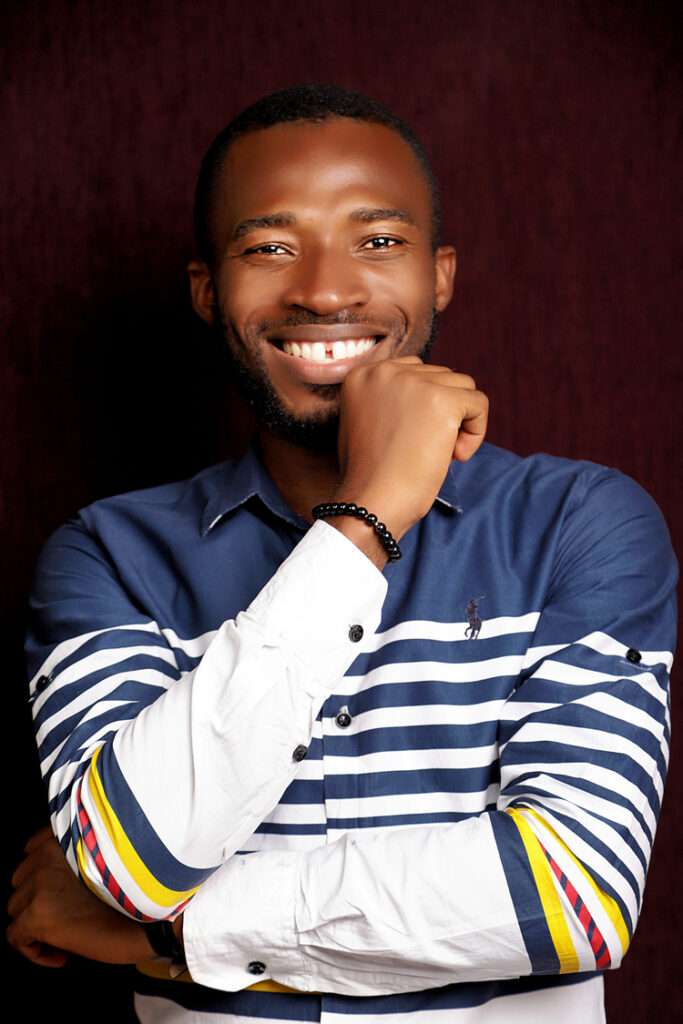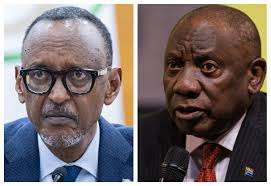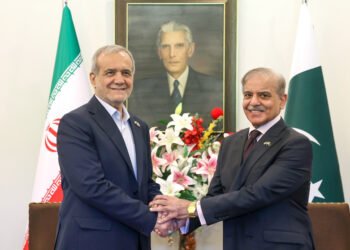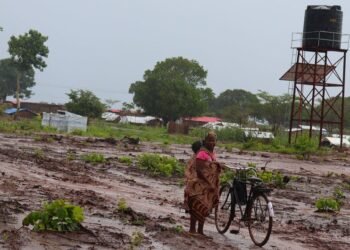Tensions between Rwanda and South Africa have escalated into a diplomatic crisis amid the ongoing conflict in the Democratic Republic of Congo (DRC), with both nations trading accusations over their roles in the crisis.
Central to the dispute are allegations that Rwanda supports the M23 rebel group, while South Africa’s military presence in the region — under the Southern African Development Community Mission in the DRC (SAMIDRC) — has fueled suspicions of bias.
To understand the deeper motivations behind these tensions and the potential pathways for de-escalation, Vaultz News spoke with Benjamin Ankrah, a member of the New African Concept, an NGO focused on African development.
Rwanda’s alleged backing of the M23 rebellion, Ankrah explained, is rooted in long-standing security concerns tied to the Democratic Forces for the Liberation of Rwanda (FDLR), a Hutu-led militia with historical links to the 1994 Rwandan genocide.
“Kigali views the FDLR as an existential threat, particularly given its presence in eastern DRC and alleged collusion with Congolese forces. By supporting M23 — a predominantly Tutsi rebel group — Rwanda aims to counterbalance FDLR influence and secure its border regions.”
Benjamin Ankrah

However, this strategy comes with significant risks. “These actions risk entrenching proxy warfare, undermining Congo’s sovereignty, and alienating international partners,” Ankrah noted.
Rwanda’s alleged involvement has drawn scrutiny from regional and international actors, with accusations that its interventions fuel instability rather than address security threats.
At the heart of the diplomatic rift is South Africa’s contested neutrality in the DRC conflict. While President Cyril Ramaphosa has framed the deployment of the South African National Defence Force (SANDF) under SADC as a peacekeeping effort, President Paul Kagame has openly accused Pretoria of aiding the FDLR. “South Africa’s dual role as mediator and combatant fuels perceptions of bias, exacerbating regional divisions,” Ankrah explained. This skepticism undermines trust in SADC-led initiatives and threatens to fragment the groups consensus on conflict resolution.
Kagame has further rejected accusations that Rwandan forces in the DRC operate as militias, instead insisting that the Rwanda Defence Force (RDF) is a formal military force. This distinction, Ankrah argues, carries significant diplomatic weight.
“The distinction matters for international law: armies imply state accountability, while militias suggest deniable irregular forces. By rejecting the ‘militia’ label, Rwanda aims to shield itself from sanctions and retain diplomatic parity.”
Benjamin Ankrah
However, persistent allegations of cross-border incursions have strained relations with the DRC, Western donors, and regional bodies like the East African Community (EAC), potentially isolating Kigali.
History Shaping Conflict
The historical tensions surrounding the FDLR continue to shape the conflict, with Rwanda framing its military actions in the DRC as counterterrorism efforts.
“The FDLR’s historical ties to genocide and cross-border raids have made Rwanda hypervigilant. Today, Kigali frames its DRC involvement as counterterrorism, but this narrative clashes with peacekeeping mandates perceived as favoring Congolese sovereignty.”
Benjamin Ankrah
He pointed to widespread criticism of MONUSCO and SADC forces for failing to neutralize the FDLR threat, which has led Rwanda to justify unilateral interventions.
With Kagame warning of potential confrontation and diplomatic relations between Rwanda and South Africa growing increasingly fragile, the risk of a wider regional crisis looms. To de-escalate tensions, Ankrah believes both nations must commit to dialogue over public recriminations.
“Rwanda could allow independent investigations into its links with M23, while South Africa should clarify SAMIDRC’s mandate and distance itself from FDLR,” he suggested. He also emphasized the role of regional bodies such as the AU or EAC in brokering neutral mediation, ensuring that security concerns do not overshadow diplomatic cooperation.
Beyond immediate diplomatic efforts, Ankrah stressed the importance of long-term solutions.
“Confidence-building measures such as joint border monitoring or intelligence-sharing on armed groups might reduce tensions. Ultimately, addressing root causes, like FDLR disarmament and Congolese governance reforms, is critical to sustainable peace.”
Benjamin Ankrah
As the crisis unfolds, the ability of African nations to navigate these challenges will be a critical test of regional diplomacy. Whether Rwanda and South Africa can find common ground or continue down a path of heightened tensions will determine the future stability of Congo.
READ ALSO: President Mahama Appoints Eight-Member Committee to Plan National Education Forum



















